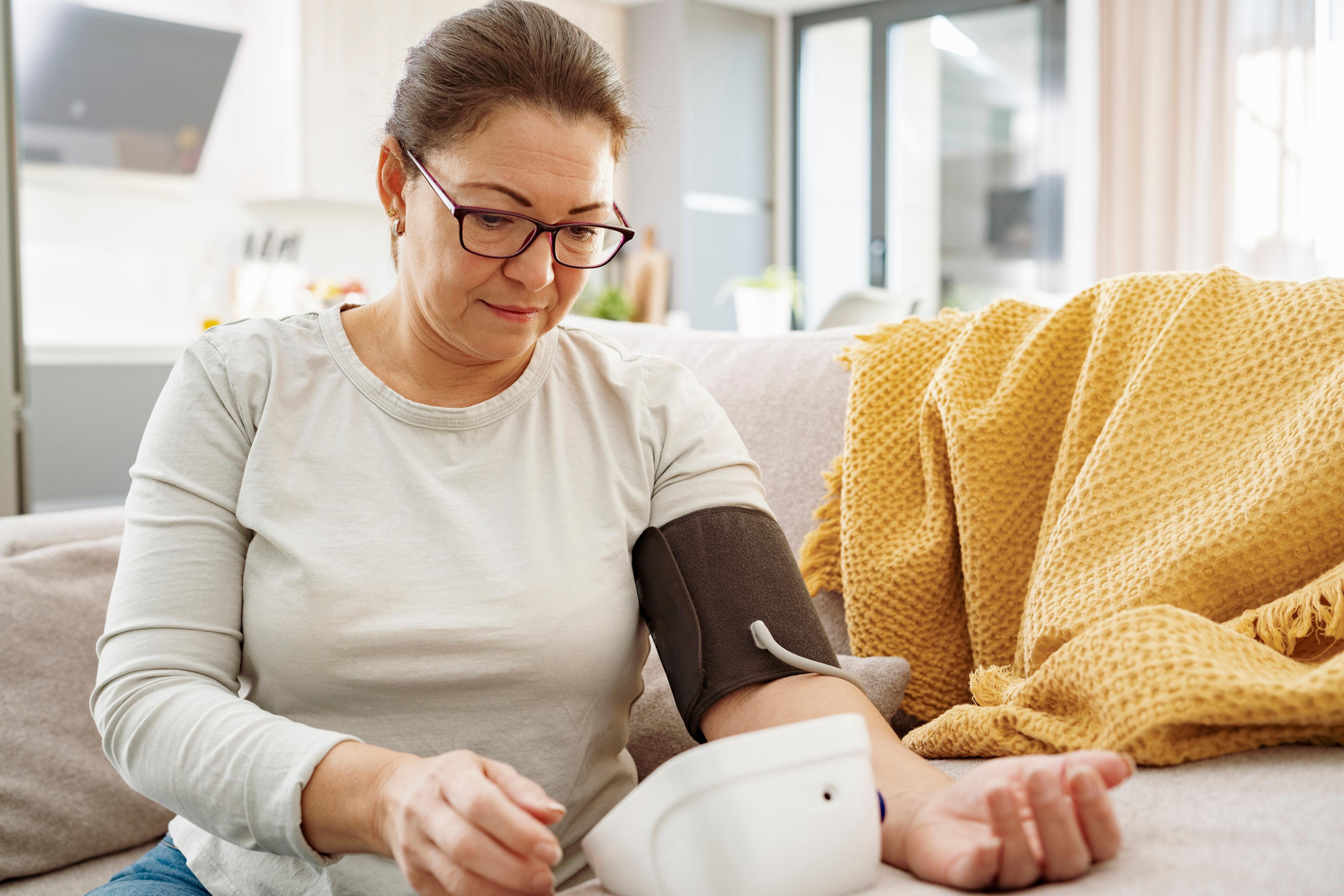How Hot Weather Affects the Kidneys

Mike Merucci
| 3 min read
Mike Merucci is a corporate communications intern at Blue Cross Blue Shield of Michigan. He is a rising senior at Michigan State University, where he studies advertising and copywriting. At MSU, he works for Impact 89FM as an entertainment journalist and radio DJ.

Hot weather has well-known negative effects on the body. Common heat-related illnesses include sunburn, dehydration, fainting spells and more. An overlooked topic is how hot weather and heat-related illnesses affect your kidneys. Because of this risk to your kidneys, it is especially important for those with existing kidney issues to take preventive measures as the summer months rage on.
How heat-related illnesses can affect your kidneys
Heat-related illnesses often occur when the body is at or above 104 degrees Fahrenheit and begin with severe dehydration. Dehydration can impair numerous systems and organs, which can lead to a decline in kidney function.
For those without existing kidney problems, excessive exposure to heat can cause short-term kidney issues or increase the chances of developing chronic kidney disease. For those who already have chronic kidney disease, symptoms can be exacerbated, further hindering the body’s ability to filter wastes and excess fluid from blood.
Negative effects of heat-induced dehydration and raised body temperature
The specific effects of heat-related illness on the kidneys vary. Here are a few to be conscious of:
- Reduction in blood distributed to kidneys: Excessive sweating caused by heat can reduce blood flow to the kidneys and, if severe enough, lead to acute kidney injury (AKI). Repeated instances of AKI can lead to chronic kidney disease.
- Urolithiasis (kidney stones): A concentration of calcium and uric acid can be caused by excess exposure to heat. Kidney stones can cause great discomfort over time.
- Increased likelihood of developing a urinary tract infection (UTI): Urine production is slowed by excess body heat, hindering pathogen removal. Hot weather is also likely to increase the abundance of urinary pathogens. With impaired kidneys, it is tougher to remove these pathogens from the body before a UTI develops.
- Heat stroke leading to kidney failure: Heart failure and shock during extreme cases of heat stroke can lead to kidney failure.
Populations at greatest risk for heat-induced kidney problems
Those most susceptible to heat-related illnesses and the kidney problems that come with them are older people and the very young, according to the National Kidney Foundation.
Older people frequently have underlying conditions, such as heart disease, which can make them more susceptible to heat-related illnesses. Many also take medications which increase dehydration. In cases where older people have reduced mobility, they may have difficulty moving out of areas with extreme heat.
Young people, especially infants, absorb heat quickly due to their smaller body mass. They also struggle to remove themselves from warm environments without assistance, which is why they should never be left alone in places that can heat up quickly — such as cars or small, non-cooled rooms.
Also at risk are summer athletes and those who frequently work in the heat.
Preventing heat-induced kidney problems
Being aware of the effects of hot weather on the kidneys is important but taking steps to prevent those effects is equally crucial. Keep these things in mind before you step out in the heat:
- Cut down on caffeine and alcohol intake: Both caffeine and alcohol can dehydrate you. If consuming either of these, make sure you drink water along with it.
- Avoid the use of non-steroidal anti-inflammatory drugs (NSAIDs): This class of drugs, which includes Motrin, Advil, Aleve and more, can harm the kidneys — especially in those who suffer from chronic kidney disease. It is best to consult your doctor about other available pain medications.
- Keep a spray bottle with you: This is a great way to stay cool on the go.
- Make sure to drink water: Once again, staying hydrated is always your best bet. Try to have a bottle of water on you whenever there’s hot weather.
If you have a chronic health condition, talk to your primary care provider with any concerns about staying healthy during hot weather.
Photo credit: Getty Images





